After having countless conversations with iPhone users in the last few days, I’ve concluded that Apple will sell loads of these new devices — but not as many as in the past. There are several reasons I’m expecting a downturn in iPhone sales.
Among the top reasons are lack of support for 5G, lack of innovation, and high prices.
I wanted to learn how users felt about trading up to the iPhone 11, 11 Pro or 11 Pro Max this year, so I spent hours over the weekend visiting shoppers in stores — Apple Store, AT&T Mobility, Verizon Wireless, T-Mobile, Sprint, Best Buy, Walmart, Target, Xfinity Mobile and so on. What I learned was interesting and sometimes surprising.
It’s likely that most of the people I spoke with were considering a purchase. What I heard from them were an assortment of reasons why some felt ready to upgrade while others decided to wait until next year.
The smartphone market is maturing, but the slowdown in sales is also a self-inflicted wound.
iPhone Losing Its Sizzle
First, if you own an iPhone, let me recommend that you hold off on updating to the new operating system, iOS 13. When any new software is updated, there are always early glitches that prevent things from working the way they’re supposed to. To save yourself some aggravation, delay the upgrade for now. It may take weeks to fix the big problems and months to fix everything. If you have a choice, it’s better to wait.
Second, if you’re thinking of buying a new phone, check availability. Several Walmart and Xfinity Mobile stores didn’t have the new devices on display when I stopped by. The next day they were up, but they were not activated so users could try the new iOS. I guess non-Apple retail managers, generally speaking, aren’t as excited this year.
Third, I learned that customers can grow to love a brand. However, when that brand doesn’t give them a reason to jump, many users simply don’t. It’s like a love story when one party gets bored. In this case, Apple is the partner that seems to have lost interest. At least, it’s not as strong as it used to be.
Ten years ago, Apple loved its customers and they loved the company. Back then, iPhone users rushed to update annually. It was a fever pitch. Users would line up around the block for days to be among the first with the new device.
Higher Prices, Less Innovation
Back then, innovation was greater, so every user wanted to get their hands on a brand-new device every year. Prices were lower, and users could sell their old device to offset the cost of the new one.
In the last few years, Apple has been screwing around with its secret sauce, and users are not as interested — not like they used to be. There is no feeding frenzy like there used to be.
iPhone prices have shot up in the last couple years, and since innovation has not accelerated to keep pace, users have less inclination to trade up. Many simply don’t.
This year, Apple tried to juice up sales by pricing the iPhone 11 to sell. It’s a little less expensive than last year’s new model. That’s good, and I think it will help to sell more units. However, the phones that sport the most advanced features — the iPhone 11 Pro and iPhone 11 Pro Max — are priced high again.
Think of the iPhone market like a pie with slices. A decade ago, there were no slices. Every user was treated the same and upgraded annually. Today, there are lots of different slices and only some upgrade annually, for a variety of reasons.
Today, only a smaller slice of the pie upgrades annually or every two years. They are mainly early adopters — those who have to have the newest version. The rest hang onto their devices for a longer period — three or even four years, or until their phone no longer works.
That’s why Apple has been changing its focus from device sales to services. If its device sales were still strong, there would be no need to change its focus. Many have asked if this lull would have occurred if Steve Jobs were still at the helm. What do you think?
Fewer Benefits
With the new iPhone 11 lineup, innovation is centered in two main categories: extended battery life and improved camera performance. While there is a market for an improved camera, it is a much smaller market than the one that used to upgrade annually.
As far as the battery is concerned, personally I am not sure. I’m taking a wait-and-see position on this one. Apple has promised battery upgrades in the past, and I simply have not noticed much — if any — improvement. Perhaps there is improvement in the battery, but the device sucks more energy, so a charge doesn’t last any longer. Who knows?
Other than longer battery life, improved camera, or the desire to have the latest model, there is not much inducement to upgrade this year unless your current device no longer works. If it does, it might make more sense to wait one more year.
That’s when Apple finally will introduce its first 5G iPhone. Why the company makes its users wait so long to enter the next generation is another question. Then again, Apple is never first anymore. Love it or leave it — that’s Apple.

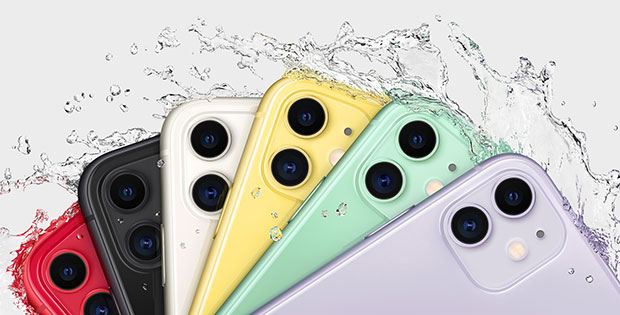

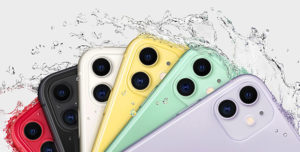












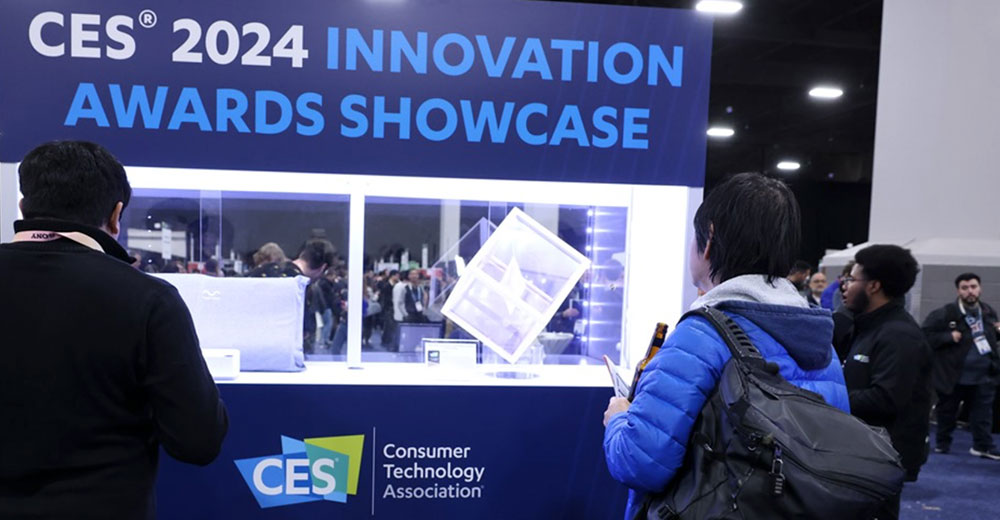
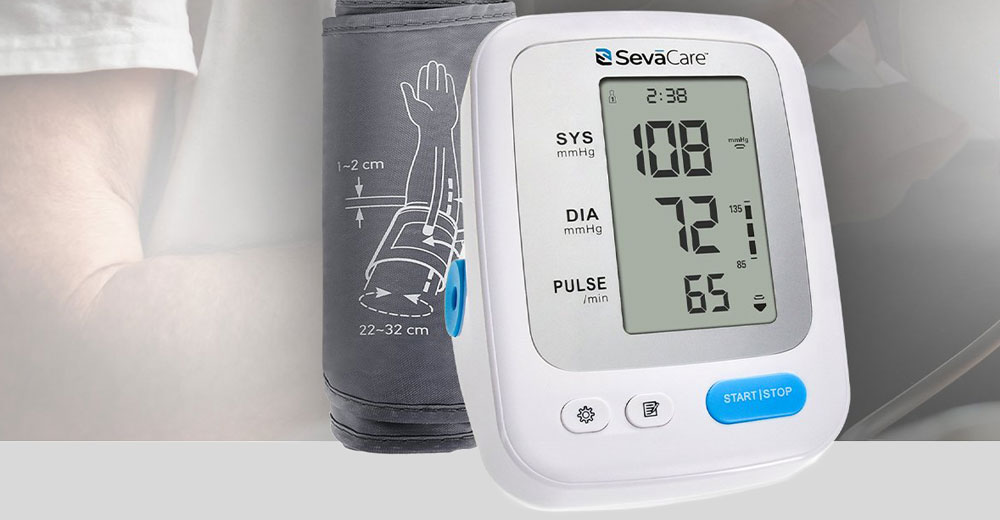
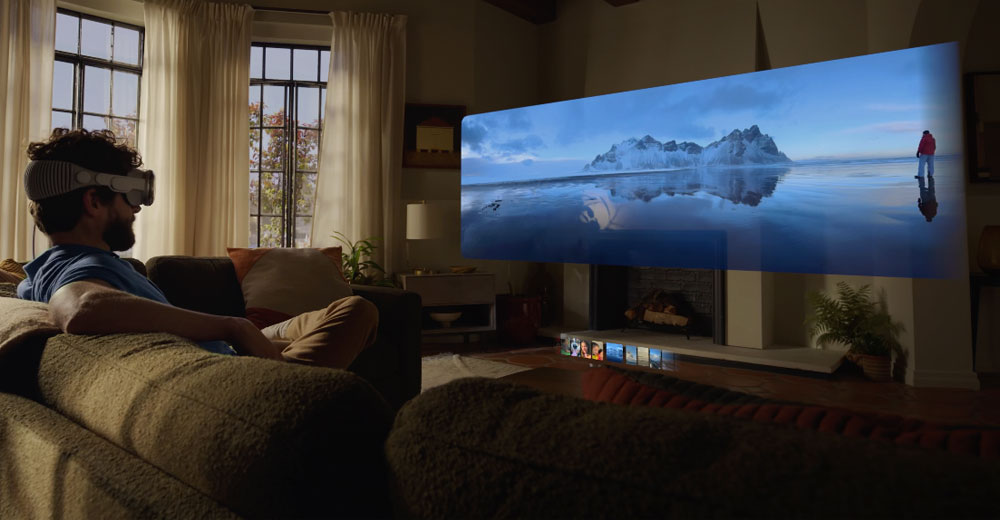

















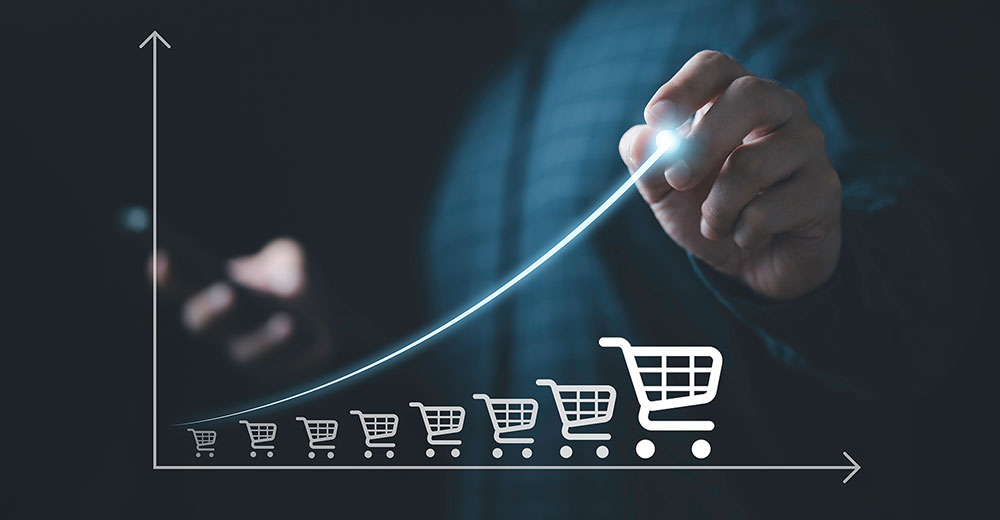










thanks for helping us